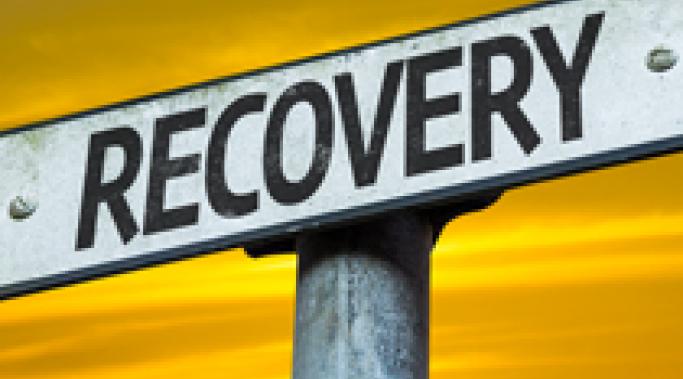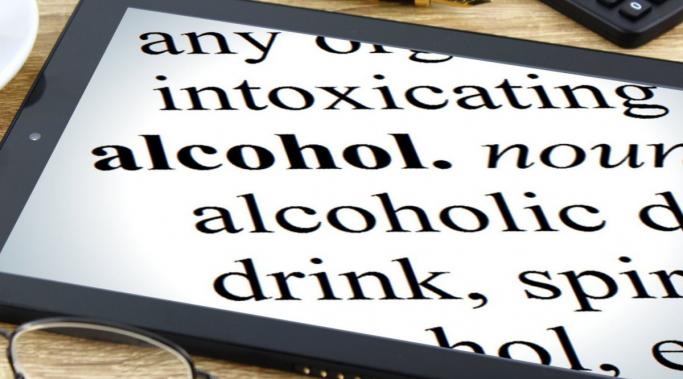Blogs
Eating disorders can make us feel invisible. If we’re anorexic, strangers stare at us on the street, watch cautiously as we order coffee taking note of the calorie content, perhaps feeling confusion or pity in their hearts for us. If we’re bulimic or have binge eating disorder, we may weigh a “normal” weight so we may not be stared at or confronted by family or friends, but inside we’re holding a heavy monster of a secret. No matter what specific form our eating disorder takes, there’s a level in which eating disorders makes us feel invisible.
Married couples dealing with mental illness need to take a vacation. And I’m not talking about a coffee break. I’m talking about getting away by yourselves for at least a few days to reconnect and have fun together. No matter how long it’s been since you and your spouse have been on a vacation alone together, taking a vacation can do wonders for your own mental health and your marriage with mental illness.
Sometimes even mental health advocates suffer self-stigma. There’s a lot more to advocacy than meets the eye (It's Critical to Be an Advocate for Those With Mental Illness). It’s not just standing up and saying or writing some words and expecting everyone to believe it – it’s about living the words, too. The challenge that comes with being a mental health advocate is that it creates an image or expectation of how people will see you. A mental health advocate's self-stigma can be a problem.
I learned the hard way that social networks are important for health and happiness. Loneliness can be dangerous. I know. I spent five years living abroad, separated from my friends and family, with only the occasional visit back home. During this time I felt isolated, alone, and suffered one of the worst and longest depressive episodes of my life. This difficult experience, however, taught me an invaluable lesson. By being so lonely, I learned the importance and necessity of maintaining a social network for my health and happiness.
Recovery from borderline personality disorder (BPD) is possible. I'm living proof. Recently, I ran across some old Facebook posts about moving into my own apartment and getting my own cell phone. That may not seem like much, but to me it's a huge victory. I am in recovery from borderline personality disorder--and I was once written off as a hopeless case. If I can recover from borderline personality disorder, so can you--you just need to find the right therapy, put in the effort, and recognize the small victories.
It is the age of the smartphone, and there is a mobile app for everything--including mental health recovery apps. You can find applications designed to help with everything from depression and anxiety to posttraumatic stress disorder (PTSD), addiction recovery, eating disorders and self-esteem. Some offer interaction with others in recovery, some provide feedback and advice based on the information each individual records, and some simply give users techniques for reducing anxiety and encouraging gratitude and optimism. No app is meant to take the place of face-to-face treatment, but I have found these mental health recovery apps you should try can be a useful addition to my mental health recovery.
Watching sober friends relapse can be heartbreaking or challenging as well as enlightening and motivating. Personally, I have seen a handful of friends go back to drinking after six months or more of sobriety (Attitudes That Can Lead to a Drug or Alcohol Relapse ). In some cases, they convinced themselves they were not alcoholics and that they could manage their drinking. In other cases, they had always had some doubt as to the severity of their powerlessness over alcohol. And in a few other cases, the relapse seemed to come from nowhere. In reality, a relapse starts long before the first drink but it's not always easy to spot. Here are the lessons I have learned from watching sober friends relapse.
Grief and dissociative identity disorder can be complicated. People experience grief at various times throughout their lives, often when someone passes away. These losses can be difficult to manage, and when you have dissociative identity disorder (DID), that grief can be even more complicated. Recognizing the complexity of grief and working through it is important for those with DID in order to get through times of loss.
Is it possible to distract yourself from fear? Fear is a basic human reaction, an instinct even, to something we perceive as a threat to our safety or general wellbeing. It sounds an alarm in the brain and kicks the fight-or-flight response into gear. When we are afraid, we want to run from what it is that's making us feel scared, or we want to confront it and do battle. Our instinct typically isn't to ignore fear by distracting ourselves with something else. Can you distract yourself from fear? Do you want to?
I learned many years ago that it is almost always better to be thankful rather than sorry. I used to say, "I'm sorry" anytime something went wrong. I said it habitually—even when I did nothing wrong. I simply over-apologized when I had no reason to be sorry. One day, I decided to say something different. I decided to be thankful and not sorry.








